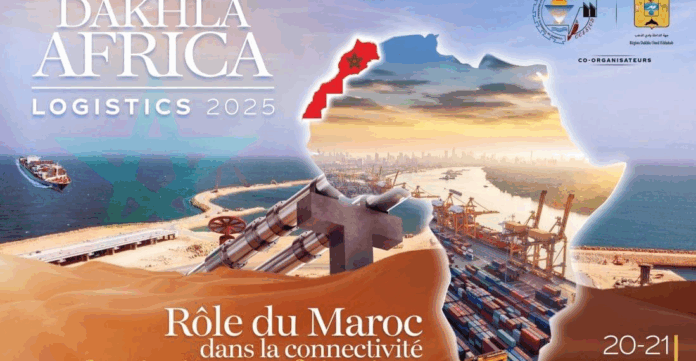At the Dakhla Africa Logistics Forum, held on November 20 and 21, participants made a resounding call for the creation of an integrated African logistics ecosystem—one that could drive economic integration across the continent and elevate Dakhla into a strategic hub for regional transport networks.
Under the banner “A Connected, Sustainable and Sovereign Africa,” the forum brought together key players from transport, trade, logistics, and investment sectors. Their central message: Africa needs to harmonize its logistics corridors to unlock the full potential of the African Continental Free Trade Area (AfCFTA). That means streamlining customs and transit procedures, strengthening major routes across the Atlantic, the Sahara, and the continent’s interior, and building infrastructure that supports smoother, faster trade.
On the governance side, participants proposed the formation of a pan-African Logistics Council and a Logistics Performance Observatory. These bodies would coordinate regional efforts, monitor delivery times and transport costs, and foster better cooperation among national governments, regional authorities, and private-sector stakeholders.
Digital transformation was another major theme. Experts stressed the importance of modernizing customs and port systems through digitalization—calling for paperless procedures, real-time tracking, and systems that can communicate seamlessly across borders. A continent-wide single-window platform, modeled after Morocco’s digital customs infrastructure, was recommended to simplify import-export operations.
Participants also underscored the importance of investing in logistics zones tailored to specific sectors and boosting connectivity through upgraded road, port, and multimodal networks. These developments, they argued, would improve Africa’s competitiveness on the global stage.
Energy transition emerged as a key strategic priority. The forum proposed launching a “Green Logistics Africa” certification, developing low-carbon trade corridors, and leveraging Dakhla’s geographic and energy potential—particularly in green hydrogen—to establish it as a regional sustainability leader.
Human capital was another focus. Delegates advocated for the creation of an African Academy for Trade and Logistics based in Dakhla. The institution would offer specialized training for both youth and professionals, while promoting academic mobility across borders to build a skilled logistics workforce for the future.
Finally, the forum highlighted the crucial role of public-private partnerships in driving progress. Harmonizing technical standards, transport certifications, and trade documentation was identified as essential to fully operationalize the AfCFTA and ensure goods can move efficiently across the continent.
The event was organized by the Dakhla-Oued Eddahab Chamber of Commerce, Industry and Services in collaboration with the Regional Council. It brought together a diverse group of African and international leaders committed to transforming the continent’s logistics landscape.





